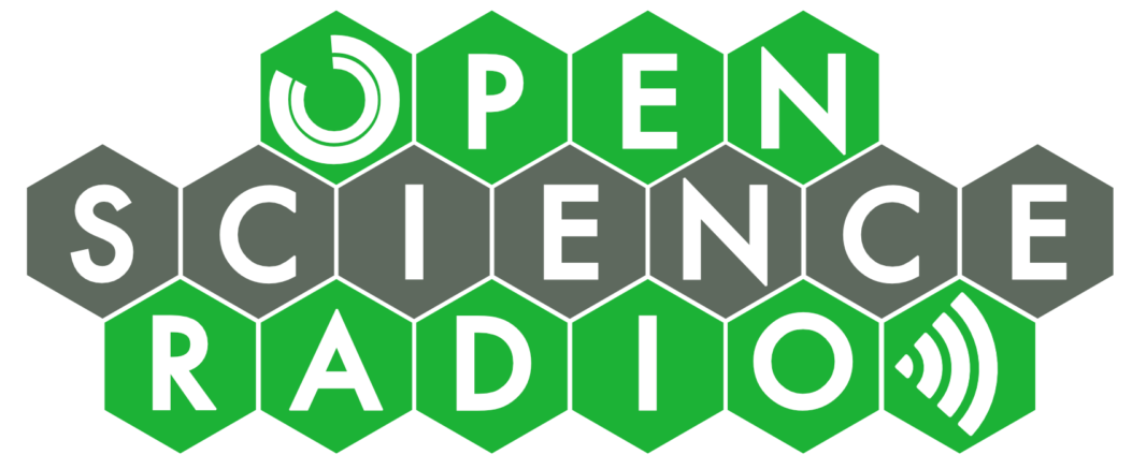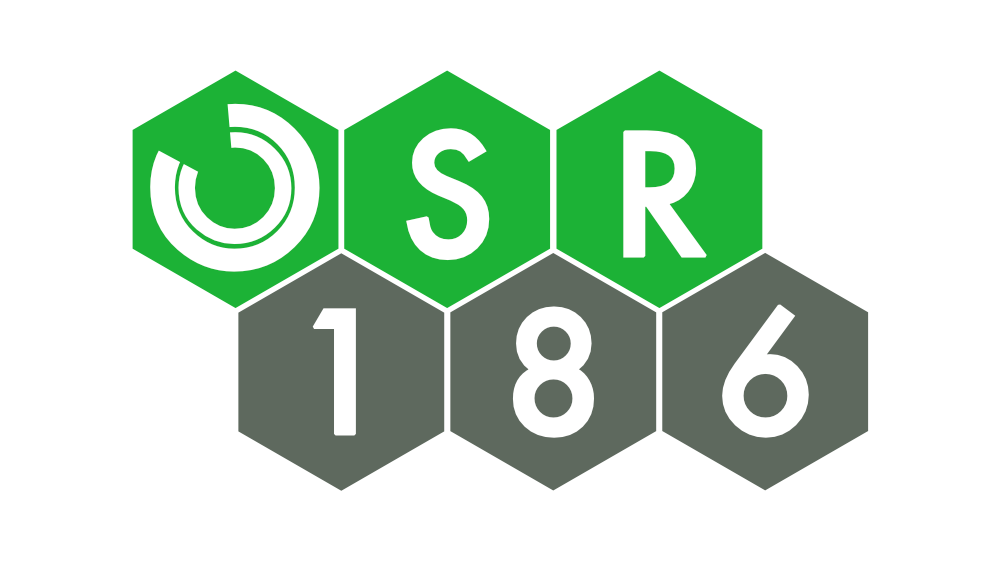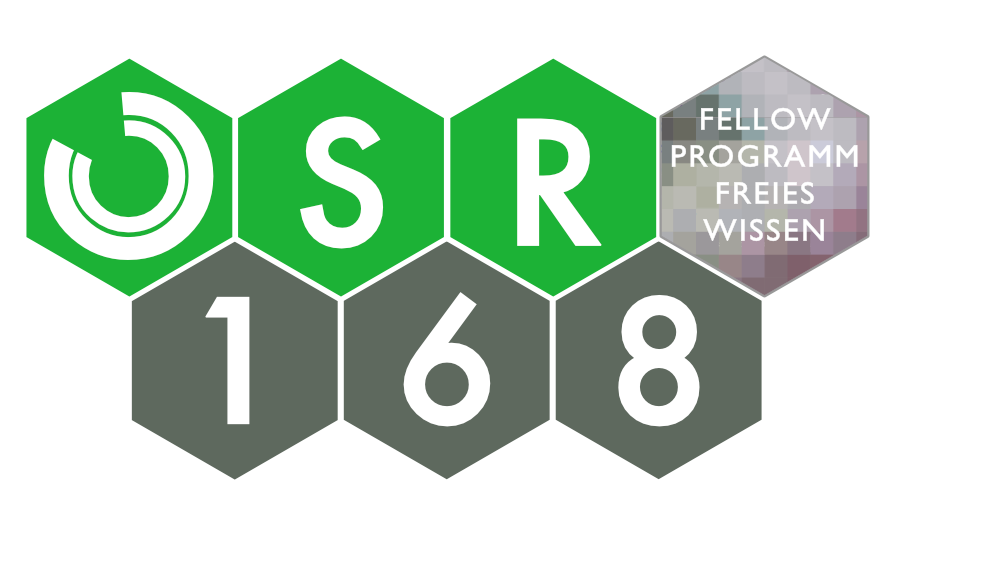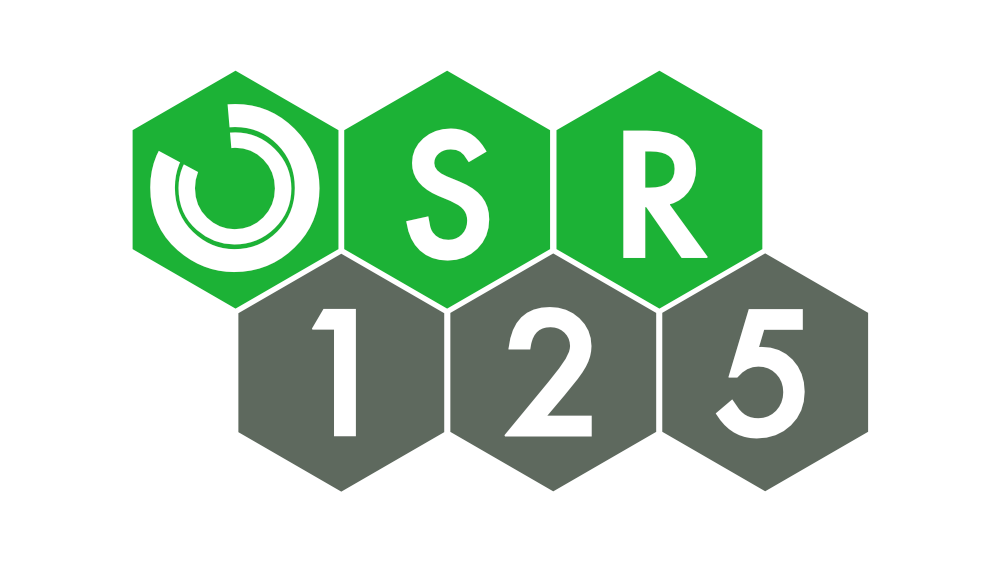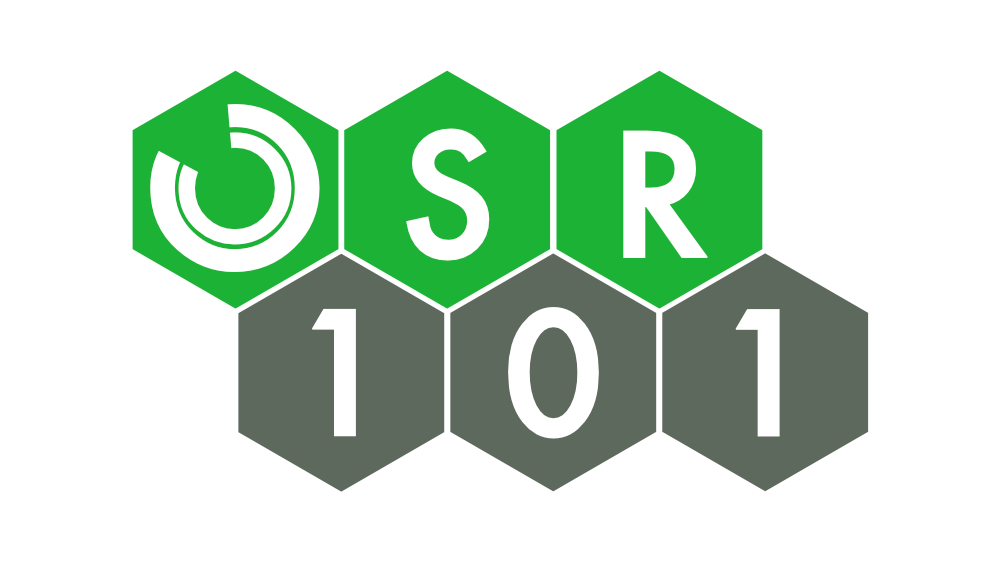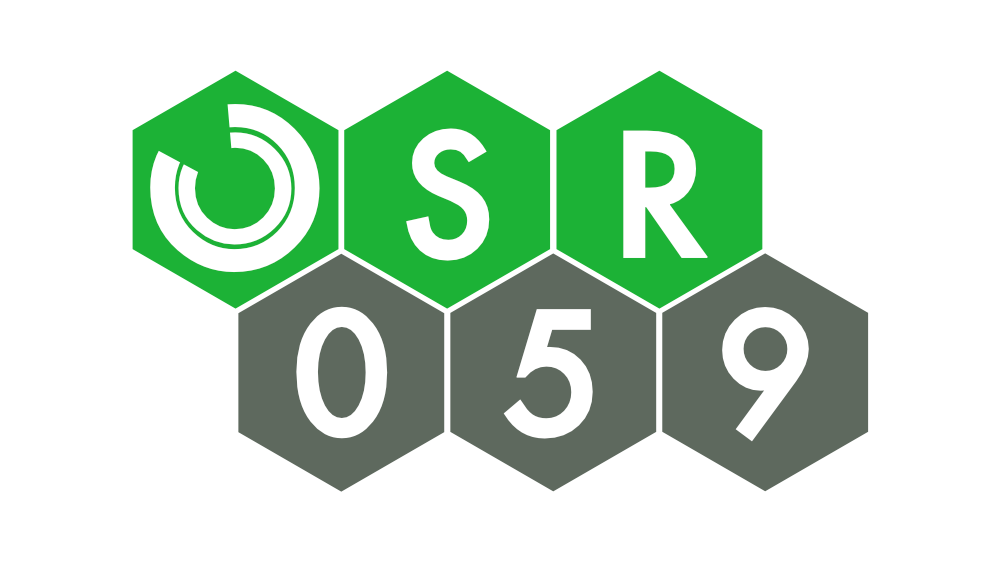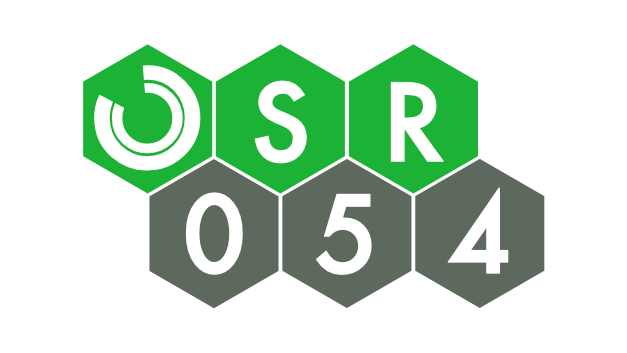With the current situation around the spread of the COVID-19 pandemic, there are several initiatives pushing forward to help finding solutions to successfully fight the virus. The global bioinformatics community is pushing its own efforts and organized the virtual COVID-19 Biohackathon. Starting today, contributors are invited to virtually work together on multiple topics and share their results openly via Github.
„The goal of COVID-19-BH20 is to create a cohesive effort and work on tooling for COVID-19 analysis. The biohackathon will lead to more readily accessible data, protocols, detection kits, protein predictions etc. We will also push for policy change where it comes to non-public or hard to access data because we are facing such challenges!“
Konrad had the chance to talk to one of the organizers, Leyla Jael Garcia-Castro, about the idea and implementation of this endeavor. Enjoy!
Im Rahmen unserer kleinen Reihe zum Fellow-Programm Freies Wissen – dem Gemeinschaftsprojekt von Wikimedia Deutschland, Stifterverband, VolkswagenStiftung (und weiteren Unterstützern) – widmen wir uns erneut der Perspektive der Fellows. Dazu begrüßen wir Jona Sassenhagen als Gast, der im noch laufenden 3. Programmjahr gemeinsam mit zwei Kollegen ein Projekt zur Erstellung eines Online-Methodenhandbuchs vorantreibt. Wir reden über seinen Weg zum Fellow-Programm, sein Projekt und mäandern hier und da durch verwandte Themen. Vielen Dank an Jona, aber auch an Sarah Behrens und Christopher Schwarzkopf für den Kontakt hinter den Kulissen!
Viel Spaß!
Zur Abwechslung haben wir uns mal wieder zu einer „klassischen“ News-Episode zusammengefunden und diskutieren ein paar grundlegende Nachrichten (News kann man meist schon nicht mehr wirklich sagen). Es geht, wie so oft in letzter Zeit, um Verhandlungen mit und die Rolle von klassischen Verlagshäusern, das (politische) Bekenntnis zu Open Access und Open Science sowie um allerlei infrastrukturbezogene Themen.
According to dictionaries „101“ refers to introductory lessons or beginners overview or tutorials. Over the course of this podcast we already have taken this approach a couple of time (e.g. on Open Access). But as technology and processes develop, might be useful to do this again from time to time. This time we want to take a brief look at the whole research cycle and try to provide a bit of information about a few general entry points for doing research more openly. This 101 is by far not exhaustive and makes no claim to be complete, but our aim was to show you some starting points from where you could dive deeper into the matter if you like. Have fun!
Das Verfahren des wissenschaftlichen Publizierens hat sich in den vergangenen Jahren in seinen Grundzügen nicht maßgeblich verändert. Was sich allerdings erheblich verändert hat ist das Angebot an unterschiedlichen Tools die uns heutzutage für das Verfassen und Veröffentlichen wissenschaftlicher Arbeiten zur Verfügung stehen. Gemeinsam mit Katrin vom KonScience Podcast werfen wir einen Blick in die Werkzeugkiste und schauen wie der moderne Prozess rund ums Schreiben aussehen kann. Und ja, wir sprechen erst einmal nur über die Tools für den Publikationsprozess wissenschaftlicher Arbeiten und lassen die Publikation von Daten erst einmal außen vor. Das soll an anderer Stelle dann Thema sein. Viel Spaß beim Hören!
